
The Washington University Institute of Clinical and Translational Sciences announces five partnerships selected to receive funding through the 2022-2023 Partnership Development and Sustainability Support (PDSS) program. This funding program provides up to $10,000 to new and existing community-academic partnerships for a 10-month period. It enables partners to develop the trust, infrastructure, capacity and skills needed to undertake future collaborative research.
The awarded partnerships include:
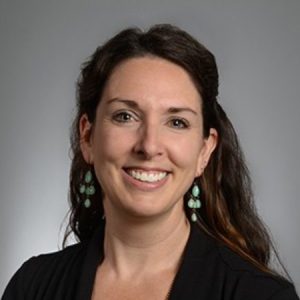
Kelli Canada, PhD, LCSW, Associate Professor and Associate Director for Research, School of Health Professions, University of Missouri – Columbia, with the Moberly Correctional Center, Missouri Department of Corrections
Summary: In partnership with Moberly Correctional Center, this project aims to build capacity to carry out community-engaged research with staff and people who are incarcerated. We will develop and deliver a mini course on research basics with input from our existing prison Innovation Advisors. The course will be provided to staff and incarcerated people to increase the skills needed to engage in the co-creation of interventions, testable research questions, research projects, grants, and dissemination products.
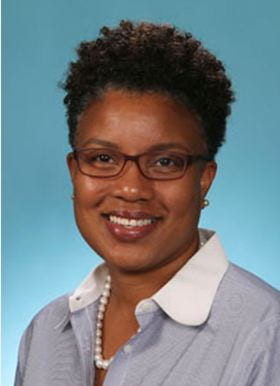
Kelly Harris, PhD, CCC-SLP, Assistant Professor of Occupational Therapy and Surgery, Washington University School of Medicine in St. Louis, with Normandy Schools Collaborative
Summary: The unique stresses of the COVID-19 pandemic have not only made visible the specific behavioral health challenges facing school-aged youth, they have also deepened existing inequities in schools. Challenges connecting school and health data in meaningful ways limits schools’ ability to provide effective support. This proposal aims to (1) formalize a research-practice partnership with a partner school district, (2) identify stakeholder questions around the intersection of behavioral health and school processes in their community, and (3) map current data infrastructure and future needs to address stakeholder questions.
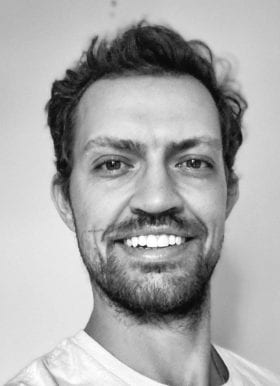
Brett Maricque, PhD, Assistant Professor of Genetics, McDonnell Genome Institute, Washington University School of Medicine in St. Louis, with Black Girls Do STEM
Summary: Our Black genome project aims to understand the meaning and promise of genetic research for Black communities in St. Louis. Through community-based participatory research methods and ethnographic research, we seek to create a more rigorous and critical space for Black people to understand genetics and take ownership over the future of genomic medicine. Together with Black communities, we hope that individuals become more empowered and have agency over their genetic health information. Young people are essential to this mission as they will shape today’s unknowns into advances that improve health for all individuals and communities.
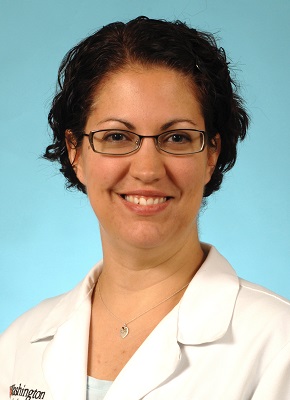
Hilary Reno, MD, PhD, Associate Professor of Medicine, Department of Medicine, Division of Infectious Diseases, Washington University School of Medicine in St. Louis, with St. Louis Regional Health Commission
Summary: St. Louis is lacking an important tool to address health inequities: access to quality data that can accurately describe them. Our region suffers from high rates of violence, chronic disease, sexually transmitted infections; yet we don’t know exactly where and to whom resources and interventions should be targeted. This data gap has been frustrating regional providers and researchers for years, but the Covid-19 pandemic showed the work could be done. We seek to build upon this collaborative momentum by establishing a regional health data platform that is centered around and governed by those most affected by health inequities.
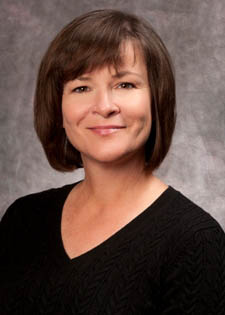
Susan Stark, PhD, OTR/L, FAOTA, Professor of Occupational Therapy, Neurology and Social Work, Washington University School of Medicine in St. Louis, with New Horizons PACE
Summary: This partnership between the leadership and staff of the new Program of All-inclusive Care for the Elderly (PACE) and the Stark Lab at Washington University aims to identify unmet clinical needs among under resourced older adults. It will seek to test and develop innovative programming focused on reducing barriers in the community to promote successful aging in place.